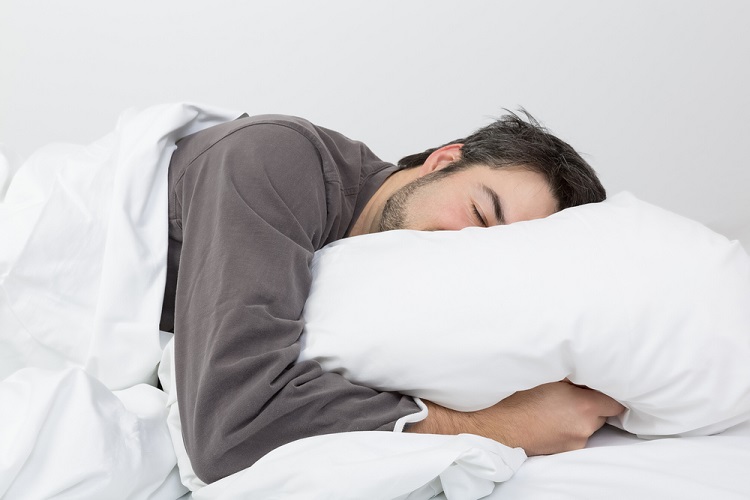Is A Lack of Melatonin Causing You To Gain Weight?
According to a recent study, not getting enough of the sleep hormone melatonin causes problems with your hunger and satiety signals, which can result in weight gain.
Your body releases a variety of hormones to help you fall asleep, with melatonin serving as the primary one. In response to darkness, the pineal gland in your brain releases melatonin. So, scientists took the pineal gland out of rats to study what happens when there isn’t any melatonin.
During the nighttime hours of a 24-hour period, one group of rats received melatonin in their drinking water, while the other group received no melatonin at all. The researchers discovered that the melatonin-deficient rats had the following symptoms:
- Lowered sensitivity to the satiety hormone leptin.
- They ate more and gained more weight.
- Had more body fat.
- They ate significantly more than the no-melatonin group after a 24-hour fast.
Another study found a connection between blue light exposure at night and female weight increase, which may be connected to melatonin synthesis. Your body mistakenly believes it is daytime when exposed to blue wavelengths and won’t release melatonin.

Do You Produce A Sufficient Amount Of Melatonin?
Unless your brain surgeon informed you otherwise, your pineal gland is functioning. So you must be producing melatonin, right?
Maybe. Your pineal gland can be receiving conflicting messages due to the amount of artificial light that’s present in our contemporary lives. Your pineal gland misinterprets particular wavelengths, such as blue light from electronics or fluorescent lights at the airport after a sluggish trip, leading to a delay in the release of melatonin. Your natural body clock is thrown off after a few nights of this.
The obvious outcome? When you want to sleep, you’re awake; when you want to be awake, you’re tired. You might not connect the dots because the effects on your food intake can take longer to take effect. This study suggests a potential cause-and-effect connection.
The impact of sleep on body fat has come to the attention of weight loss professionals, who now advocate getting enough sleep as a key component of your weight loss plan. So is it melatonin that’s to blame, or is it sleep? Melatonin and sleep are unavoidably connected, but new research may show that it also has a significant role in metabolism and weight.
Let’s have a look at some ways to control your melatonin levels.

Take Melatonin Supplements
A melatonin supplement is extremely necessary if you work late or are responsible for covering the graveyard shift. Your pineal gland is probably generating melatonin when you want to be awake and holding it back when you want to sleep due to artificial light and irregular active and rest intervals.
You can get the support you require to carry out your daily and nightly tasks from a high-quality melatonin supplement. Here’s how to take supplements without getting a “melatonin hangover” or experiencing other negative effects. Make sure you find a supplement that is habit-free and contains the ideal quantity of melatonin derived from plants.

Limit Your Amount Of Light Exposure
When it’s time for bed, make sure your bedroom is completely dark. Having complete darkness is essential. Everything must go, including tiny green light dots from chargers and slivers of light shining through the gaps in the curtains. Any amount of light can affect you.

Switch Off Wireless Devices And Routers
Electromagnetic fields (EMFs) released by your wireless router could also keep you awake. You can just unplug it as you won’t need internet access at night. To prevent EMF emissions, you can also put all of your devices on airplane mode.
These tips can help you to get a better night’s rest and help you better regulate your melatonin levels. In addition, you may see improvements in your weight loss goals by implementing some of these changes.
